Discover the Inner Workings of Water Filtration Systems
Introduction
Imagine sipping on a glass of water, only to discover it’s contaminated with harmful bacteria or chemicals. 😲 It’s a sobering thought, but it’s a reality for many people around the world. Water filtration systems offer a lifeline, purifying water and safeguarding our health. 💧
Types of Water Filters
Activated carbon filters are like tiny sponges for impurities. They’re made from coconut shells or wood that’s been heated to create a porous surface. These pores act like magnets, attracting and trapping contaminants like chlorine, pesticides, and heavy metals. 💧
Activated carbon filters come in different shapes and sizes, from small cartridges to large whole-house systems. They’re a versatile option that can remove a wide range of impurities, making them a popular choice for home water filtration. 🏡
How Activated Carbon Filters Work
Activated carbon filters are like tiny magnets for impurities. They’re made from a special type of carbon that has been treated to create a vast network of tiny pores. These pores act like a sponge, soaking up contaminants like chlorine, pesticides, and heavy metals.
As water passes through the filter, the impurities get trapped in the pores, leaving behind clean, purified water. Activated carbon filters are often used in water pitchers, countertop units, and even whole-house filtration systems. They’re a great way to improve the taste, smell, and safety of your drinking water.
How Reverse Osmosis Systems Work 💧
Reverse osmosis (RO) systems are like tiny water purifiers that work like a charm! They use a semipermeable membrane, which is like a super-fine filter, to separate pure water from nasties like bacteria, viruses, and heavy metals. 🚫
The RO process is a multi-step journey:
- Pre-filtration: The water first passes through a pre-filter to remove larger particles like dirt and sediment.
- Reverse osmosis: The water then flows through the semipermeable membrane, which allows water molecules to pass through but blocks out the bad stuff.
- Post-filtration: Finally, the purified water goes through a post-filter to remove any remaining impurities.
RO systems are like the ultimate water protectors, giving you crystal-clear, safe water to drink. 💧
How Ultraviolet (UV) Filters Work ☀️
UV filters are like tiny superheroes that zap microorganisms with their powerful UV rays. These rays penetrate the cells of bacteria, viruses, and other nasty critters, damaging their DNA and rendering them harmless. It’s like a microscopic battleground where UV light is the ultimate weapon! 🦠🚫
UV filters are particularly effective against bacteria that can cause waterborne illnesses like E. coli and Salmonella. They also work well against viruses like hepatitis and norovirus. So, if you’re worried about these nasty bugs lurking in your water, a UV filter is your best defense. 💪🛡️
HOW WATER FILTERS WORK ON YOUTUBE
How Ceramic Filters Work 🚰
Ceramic filters are like tiny sieves, with microscopic holes that trap impurities while letting water pass through. They’re made of a special type of clay that’s been heated to a high temperature, creating a porous structure. Imagine a sponge with tiny holes, but instead of absorbing water, these holes trap contaminants.
Different types of ceramic filters have different pore sizes, which means they can remove different types of impurities. Some filters are designed to remove large particles like dirt and sediment, while others can filter out smaller particles like bacteria and viruses. They’re often used in combination with other filtration methods, like activated carbon filters, to provide a comprehensive water purification system.
Factors to Consider When Choosing a Water Filter 💧
The lifespan of a water filter depends on several factors, including:
- Type of filter: Different types of filters have different lifespans. For example, activated carbon filters typically last 6-12 months, while reverse osmosis systems can last 2-5 years.
- Water quality: The quality of your water can also affect the lifespan of your filter. If your water contains a lot of impurities, the filter will need to work harder and may need to be replaced more often.
- Usage: The amount of water you use will also affect the lifespan of your filter. If you use a lot of water, you will need to replace your filter more often.
It’s important to check the manufacturer’s recommendations for the lifespan of your specific filter. Replacing your filter regularly will ensure that you’re getting the best possible water quality.
Benefits of Using Water Filters:
Water filters are like the superheroes of our homes, silently protecting us from harmful contaminants lurking in our water supply. They offer a plethora of benefits that make them an indispensable part of our daily lives:
-
💧 Improved Water Quality: Water filters act as gatekeepers, removing impurities and contaminants that can compromise the taste, smell, and safety of our water.
-
🛡️ Reduced Health Risks: Contaminants in water can pose serious health hazards. Water filters act as a shield, reducing the risk of waterborne illnesses and protecting our well-being.
-
👅 Better Taste and Smell: Water filters banish unpleasant tastes and odors, leaving us with refreshing, thirst-quenching water that’s a delight to drink.
Maintaining your water filter is crucial for optimal performance and longevity. 💧 Just like your car needs regular oil changes, your water filter needs periodic replacements. The frequency depends on the type of filter and the amount of water you use. 🗓️
Here’s a helpful table to guide you:
| Filter Type | Replacement Frequency |
|---|---|
| Activated Carbon | Every 6-12 months |
| Reverse Osmosis | Every 2-3 years |
| Ultraviolet (UV) | Every 12-18 months |
| Ceramic | Every 3-5 years |
Remember, these are just general guidelines. The best way to determine when to replace your filter is to monitor its performance. If you notice a decrease in water flow or a change in taste or smell, it’s time for a new one. 💡
Neglecting filter maintenance can lead to decreased efficiency, increased contamination, and even health risks. 🚫 So, don’t be lazy! Make filter replacement a part of your regular routine and enjoy the peace of mind that comes with clean, healthy water. 💧
Conclusion
The Power of Water Filtration
Water filters are like the superheroes of our homes, silently working to protect us from the lurking dangers in our water supply. They’re our first line of defense against contaminants, ensuring that the water we drink, cook with, and bathe in is clean and safe.
Investing in a water filtration system is not just a wise choice; it’s an investment in our health and well-being. “Clean water is the foundation of a healthy life,” as the saying goes. So, let’s raise a glass to water filters, the unsung heroes that make our water pure and refreshing.
CHOOSING HOME WATER FILTERS & OTHER WATER TREATMENT SYSTEMS | CDC
WATER FILTRATION – AN OVERVIEW | SCIENCEDIRECT TOPICS
HOW LONG DO ZERO WATER FILTERS LAST
WHAT IS WATER FILTER AQUARIUM
HOW TO MAKE WATER FILTER AT HOME WITH BOTTLE
WHAT WATER FILTERS ARE BETTER THAN BRITA
HOW TO FILTER WATER AND SAND

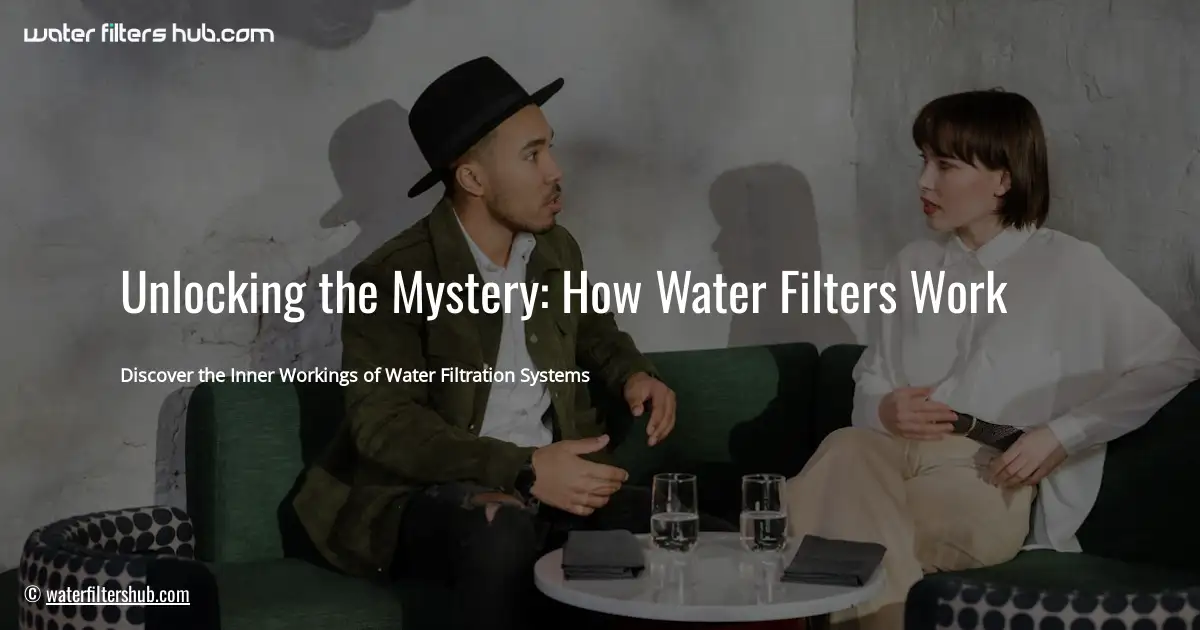
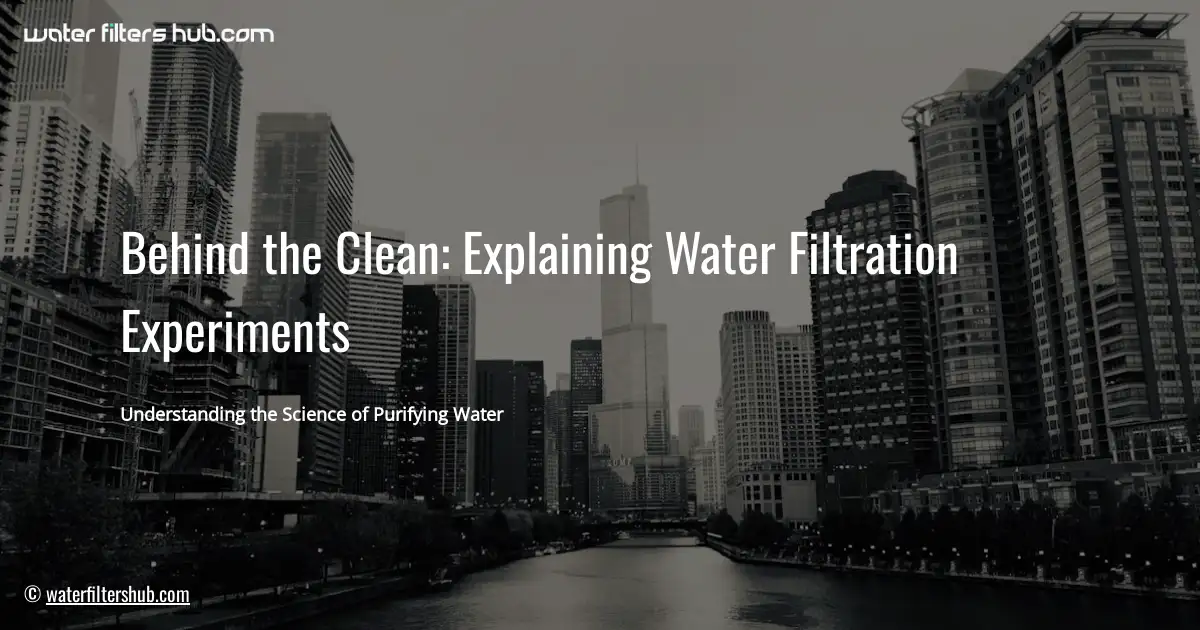
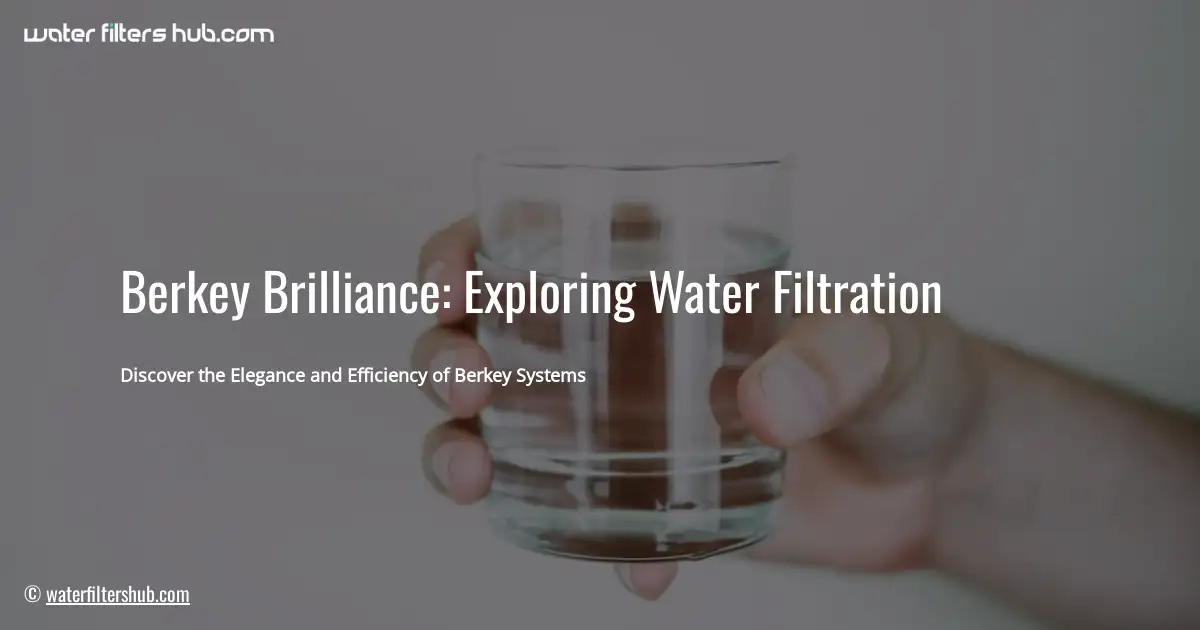
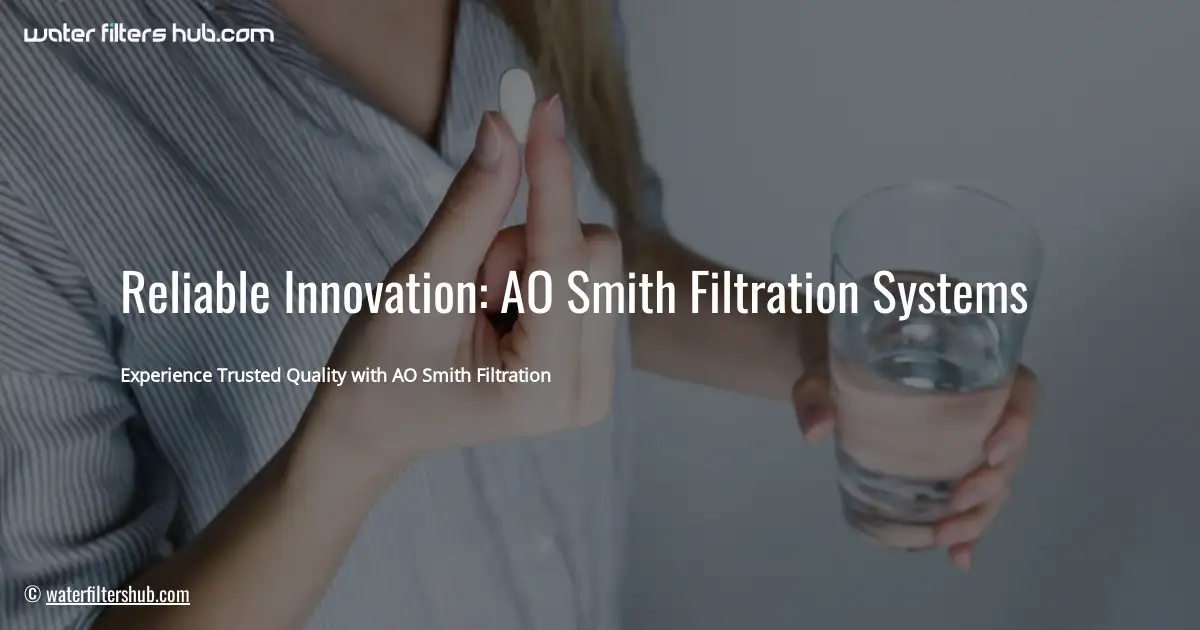

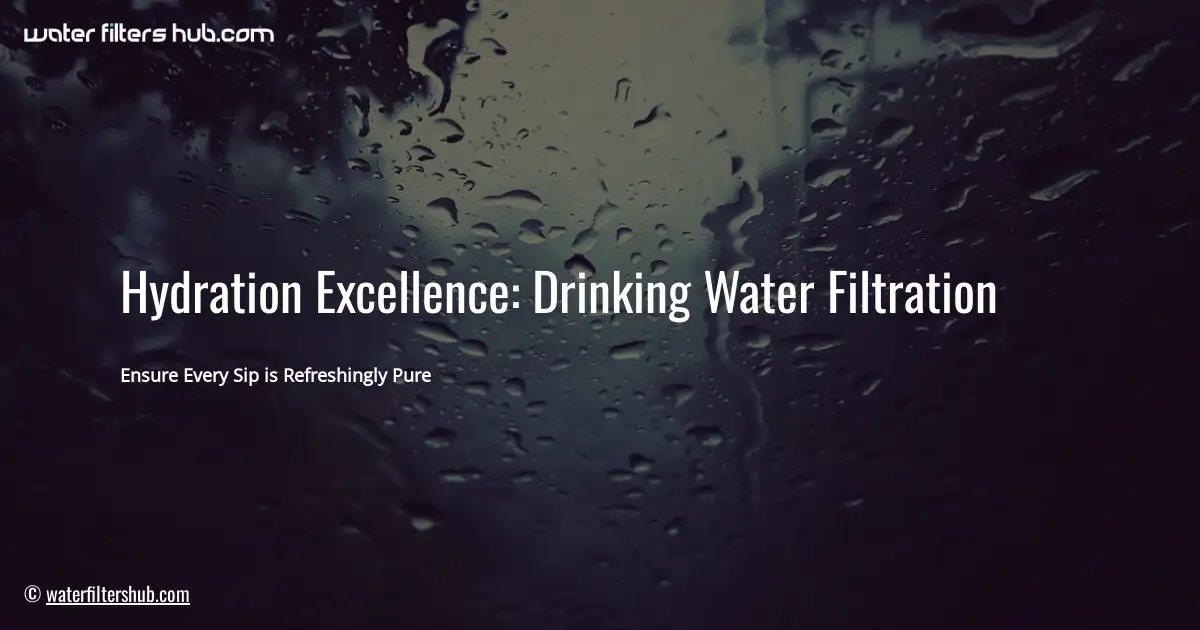
Leave a Reply